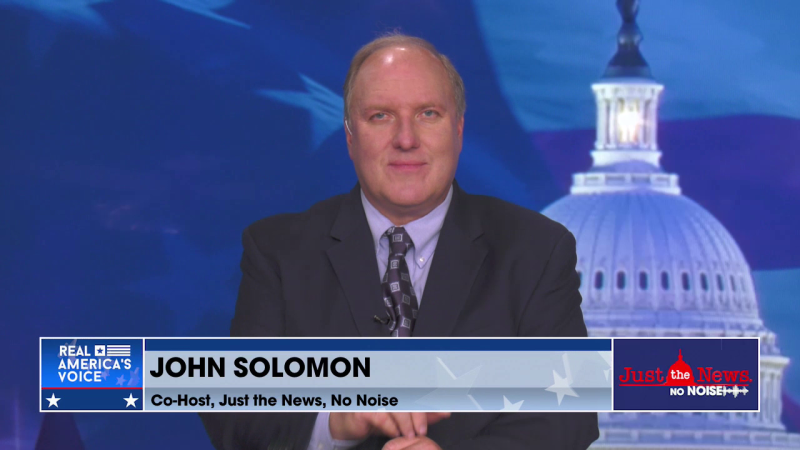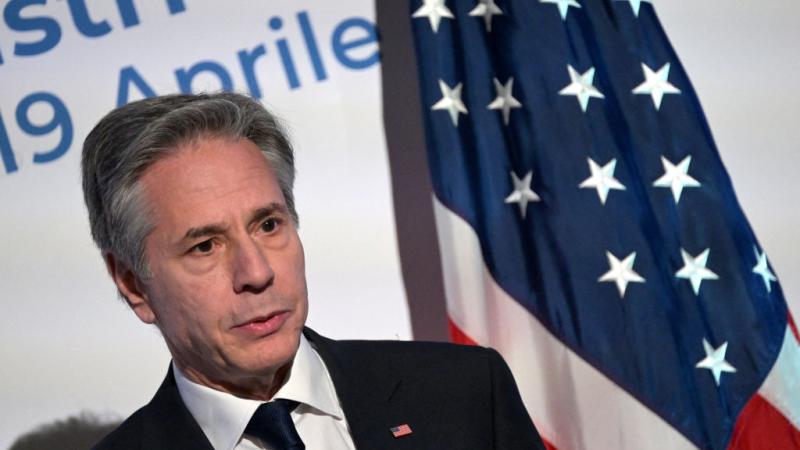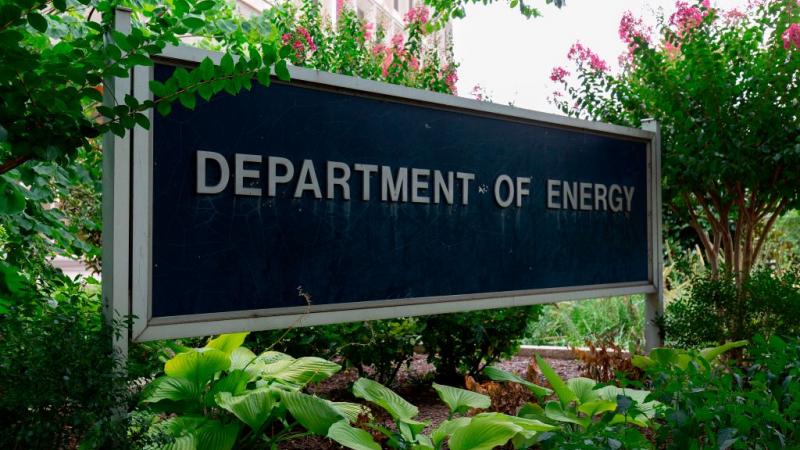The pandemic ‘sugar pill’ hospital executives sold the Trump administration in 2018
In a survey released 18 months ago, 86 percent of hospital administrators reported they were prepared for an infectious outbreak. They were not.
As a new flu season was approaching in fall 2018, the U.S. Department of Health and Human Services inspector general issued a report telling the Trump administration there was good news on the pandemic front: Long-struggling hospitals had fortified their preparedness for an infectious disease outbreak.
Just a few short years after 71% of American hospital executives warned they were ill-prepared for a disease outbreak like the 2014 Ebola virus, 86% were reporting they were prepared and ready, the department’s inspector general declared.
The report boasted: “Hospital actions to improve preparedness included updating emergency plans, training staff to care for patients with EIDs (emerging infectious disease), purchasing additional supplies, and conducting EID-focused drills. Hospitals also used a wide range of resources provided by the Department of Health and Human Services."
As for readiness, the report added, “administrators from only 14% of hospitals reported their facilities were still unprepared for emerging infectious disease (EID) threats such as Ebola.”
The 2020 coronavirus pandemic exposed that 2018 expression of confidence as grossly misplaced, laying bare a U.S. hospital system that did not stockpile adequate supplies, did not calculate enough ICU beds or ventilators or develop triage strategies for staffing for an outbreak of a virus that quickly spread across a mass population.
“The survey was, in hindsight, a sugar pill that simply told HHS what we wanted to hear without substantially changing the equation of resources and strategies needed to respond to a mass infection,” said a U.S. official involved in the 2018 review. The official was not authorized to speak to the press and agreed to an interview only on condition of anonymity.
On Monday, the same office of HHS inspector general issued a new report from the frontlines of the COVID-19 epidemic painting a drastically different portrait of American hospitals scrambling for supplies they did not stockpile and distressed to the point of breaking.
The new report relays stories of respirator masks that were outdated or ruined by dry rot being distributed from stockpiles, and hospital executives frantically outbidding each other to find dwindling supplies on the open market.
The report quotes hospital executives as saying they were struggling with “widespread shortages” of protective gear for doctors and nurses, unable “to maintain adequate staffing levels,” and that “shortages of critical supplies, materials, and logistic support that accompany more beds affected hospitals’ ability to care for patients.”
The contrasts in reports issued just 18 months apart confirm the obvious: Like the federal bureaucracy that mismanaged early parts of the pandemic such as virus testing and failed to resupply respirators from the national stockpile after a 2009 swine flu pandemic, hospital bureaucracies were ill-prepared for the outbreak and provided far too rosy an assessment beforehand.
The problems, experts say, were exacerbated by the speed and intensity with which COVID-19 swept the country, particularly in New York.
"Hospitals all had pandemic preparations rehearsed, but no attempt of preparedness would have prepared them for a pandemic of this magnitude," said Dr. William Schaffner, an infectious disease and preventive medicine expert at Vanderbilt University.
Senate Homeland Security and Governmental Affairs Chairman Ron Johnson, R-Wis., has already promised hearings after the virus threat subsides into how America got so much wrong after spending tens of billions of dollars to prepare for a disease outbreak. The goal, Johnson said, was not to place blame but to fix the system to avoid a repeat.
Former congressman Darrell Issa, R-Calif., who during two decades in Congress oversaw several major oversight investigations, predicted Tuesday what the post-action probes will likely find: Bureaucracy simply accepted a pandemic was inevitable.
"Don't let a domestic bureaucracy rely on a global bureaucracy that has essentially given up," Issa told Just the News in an interview on the John Solomon Reports podcast.
The report from October 2018 underscores what experts have opined: that hospitals increasingly owned by mega-chains and worried about bottom lines weren’t willing or able to both stockpile and prepare for occasional pandemics and still keep profits healthy. So they chose the latter.
"Nearly all hospital administrators (95 percent) reported that their facilities had too many other obligations to afford substantial time on EID preparedness in the absence of a current threat,” the report warned.
“The financial cost of preparedness," it added, "can also divert needed resources from other important hospital efforts. Administrators noted that many of the specialized protective items, such as air-purifying respirators, were not only costly but also expired after a given date, meaning that regulations require hospitals to discard them. …Another hospital official commented on the difficulty of “budgeting funds for the ‘what ifs’ when there is only so much money available and there are other priorities you know will happen.”
Beyond profits and competing priorities, hospital administrators were aware of supply chain problems that could emerge in a crisis that they failed to fix before 2020.
“Administrators found that vendors in their communities with the proper credentials and capability often contracted with more hospitals than they could actually service if multiple hospitals were to require services at the same time,” the 2018 report flagged.
Closing such gaps will be essential to the next pandemic plan. The reason was made clear in one quote from a hospital administrator that was highlighted in the 2018 report about the culture of medicine when practiced on tight profit margins with competing demands.
“We deal with whatever is the ‘hot topic’ of the day, and nothing can stay on top of list ongoing,” the administrator declared.
The Facts Inside Our Reporter's Notebook
Documents
2018 HHS IG Report:
2020 HHS IG Report:
















